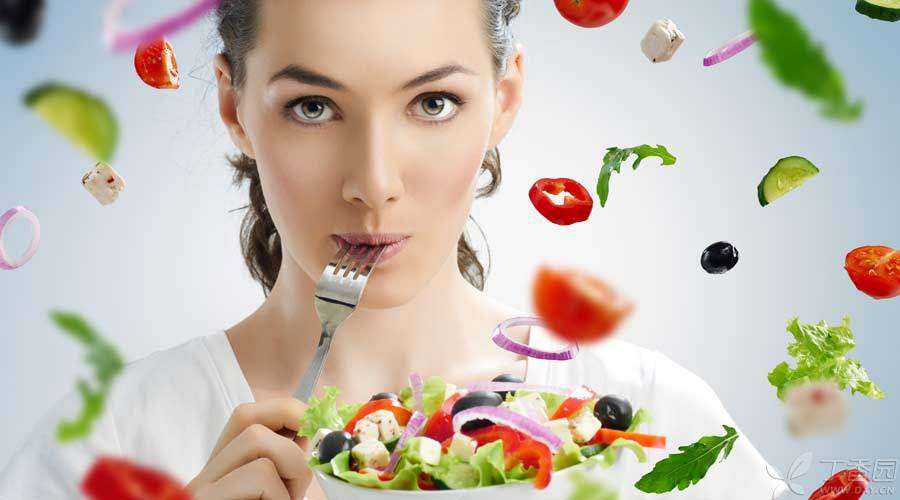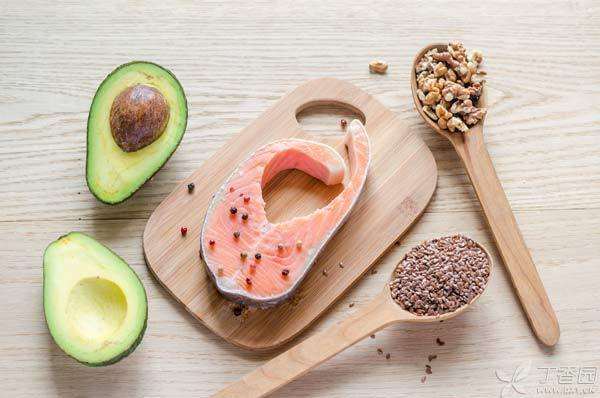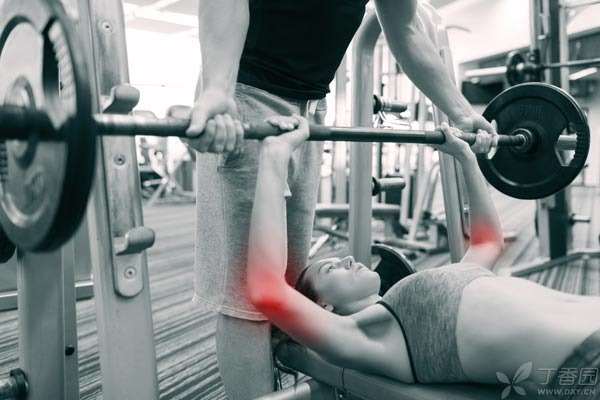
We care more and more about health, so the Internet is also full of a lot of information about health and wellness. Most of them are mixed up with good and evil people, but many people believe it.
Dr. Clove has carefully selected 11 of the most common and popular fake [health] advice on the Internet. Some of these so-called [health] advice in the guise of [science] may cause unnecessary worries, while others may even have adverse effects on health.
Next, let’s take a look at these tireless health suggestions and what is the right way to do it.
Myth 1: Eating Tylenol Can Relieve Hangover
If you still want to take good care of your liver, don’t do so. Acetaminophen (Tylenol) can cause liver damage when exposed to alcohol.
In fact, during taking many over-the-counter drugs, special attention should be paid to avoid drinking alcohol. For example, ibuprofen taken the night before still has residues in the body, but drinking the next day is also harmful to health.
The right thing to do: The National Institutes of Health suggests that it is best to eat well before drinking alcohol and not drink too fast. In addition, drinking moderate amount of water in drinking rooms or before going to bed after drinking alcohol can also help prevent hangovers.
If you still feel unwell after waking up the next day, you can drink some sports drinks to supplement the salt and potassium lost after drinking heavily.
Myth 2: Taking vitamins or other supplements is good for health.
Not necessarily. We do need vitamins to maintain our health. However, if we can maintain a balanced and healthy diet, our daily diet can meet all kinds of vitamins needed by the human body without relying on nutritional supplements.
In addition, excessive supplementation of certain vitamins may even be harmful to health. For example, vitamin A, excessive intake may lead to chronic poisoning.
The correct approach: consult a nutritionist, make a reasonable and balanced diet plan and implement it.
Myth 3: Don’t eat snacks during weight loss,
Snacks are not the enemy of weight loss-eating junk food without restraint is it!
In fact, if the interval between meals is long, it is helpful to eat some snacks properly. This can maintain blood sugar levels and prevent you from overeating at the next meal due to excessive hunger.
The correct way: If you can’t eat for the next 3-4 hours, you can prepare some healthy snacks, such as yogurt, apples and small nuts.
Myth 4: Stay away from fat, because eating will make you fat.
Appropriate amount of fat can promote digestion, regulate blood sugar and hormone levels, at the same time, it can also produce satiety and keep energetic.
We should not ban fat in our diet, but should choose to eat the right fat. What should be avoided is some processed foods that contain a large amount of saturated fat and trans fatty acids.
The right thing to do: Everyone’s nutritional needs are different. But overall, 55% ~ 65% of the daily energy intake should come from carbohydrates, 20% ~ 30% from fat, and 10% ~ 15% from protein.
The simplest way to identify healthy fats is to choose those fats that naturally exist in healthy foods, such as avocados, coconuts, eggs and nuts.

Myth 5: Carbohydrates are not good for health, so it is best not to eat them.
Wrong, wrong, wrong! If you plan to reduce unhealthy carbohydrates in your diet, such as white bread made of refined white flour, this is no problem. However, if you don’t eat carbohydrates at all, it will be seriously harmful to your health.
Carbohydrates are the main source of energy for the human body. If you don’t eat carbohydrates at all, the human body can only get energy from stored fat and protein, which will lead to vertigo and nausea.
Carbohydrate is an important part of a healthy diet as long as it is controlled in a reasonable amount and the right type is selected.
The right thing to do: Even if you want to lose weight on a low-carbohydrate diet, you should eat at least 50 g of carbohydrate every day. Potato, miscellaneous beans and whole grains are all high-quality carbohydrate sources.
Myth 6: Wear more when cooling down, or you will get sick.
Although parents or relatives have said similar words countless times since childhood, in fact, this method of isolating oneself from the external environment through clothes has nothing to do with colds or flu.
The reason for this illusion may be that people often cough or catch a cold in winter, so many people will think that catching a cold will lead to a cold.
However, this is not the case. To some extent, it is because people prefer to gather indoors for activities in cold weather. Closed environment and non-circulating air make it easier to spread cold virus.
The right thing to do: Of course, we still need to increase or decrease clothes when the weather changes. However, if you are worried that the temperature will turn cold and you will catch cold easily, instead of worrying that the clothes are not thick enough, you should pay more attention to methods such as washing hands to prevent the spread of germs.
Myth 7: Pain is effective only when exercising.
I don’t know that since what’s time, the saying “pain is effective” has been regarded as the truth by more and more fitness people.
99.99% of the people do exercise not for the sake of Olympic champions. Therefore, there is no need to push themselves to the limit in every exercise. Moreover, ignoring the pain and continuing [doing everything possible] is likely to cause serious sports injuries.
Correct Approach: It is generally believed that 85% of the physical limit can be reached as the best exercise state. If it is found that the body feels extremely tired after each exercise and still feels uncomfortable even after a week, which may mean sports injury, you should seek medical examination in time.

Myth 8: Uncomfortable? Take some vitamin C
Apart from bringing a little psychological comfort, taking vitamin C tablets when sick will not help.
The correct way: Pay attention to exercise to improve immunity in normal life, and don’t wait until you get sick to cram for the last minute.
Improving immunity is not an overnight thing. It requires healthy diet, regular exercise and perseverance.
Myth 9: Drink 8 glasses of water every day,
It is certainly good to replenish enough water every day. However, everyone has different needs for water, and behind the rule of 8 glasses of water per day, there is no rigorous scientific experiment in what.
How can an athlete sweating profusely on a football field and a white-collar worker working in an air-conditioned room drink the same amount of water?
The correct approach: How much water to drink every day should be judged according to your specific situation.
A relatively simple indicator is the color of urine. Proper amount of drinking water should make urine transparent, colorless or yellowish.
Myth 10: The longer the exercise time, the better the effect.
Spending a lot of time in the gym does not necessarily mean that you will get better exercise results. In fact, if you can exercise continuously for several hours, it is probably because your exercise efficiency is too low.
In fact, to achieve the best fitness effect, the key lies in continuously improving the intensity of exercise, not the time. Of course, it is possible to take a long and low-intensity exercise occasionally, but high-intensity exercise tends to stimulate more muscle groups and can increase metabolic rate more effectively in the long run.
Correct approach: Try to carry out high-intensity intermittent training and high-intensity cyclic training appropriately.
Myth 11: Vegetarianism is the King of Health
In fact, a diet that does not eat meat can also be unhealthy. No matter what kind of eating habit, you should avoid eating junk food.
Moreover, not eating meat does not mean that you will automatically become slim. Vegetables have lower calories, but excessive starch or ingredients with high oil content are still easy to grow meat.
Correct Approach: If you plan to try vegetarianism, it is recommended to consult some experienced vegetarians and make a reasonable and nutritious diet plan.
Editor: Fu Ting
